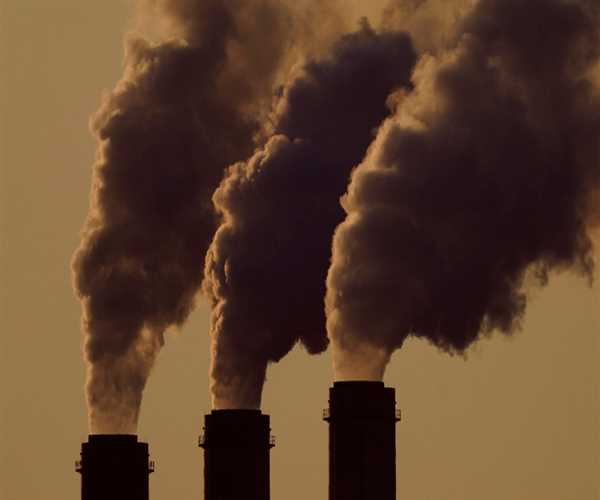
13-May-2024 , Updated on 5/13/2024 7:27:11 AM
Air Pollution and Our Health
The very air we breathe is becoming potentially polluted: nine out of ten people now inhale polluted air, which kills seven million people annually. This is because our engines keep putting out dirty emissions, the world is getting hotter and more crowded, and half of the population lacks access to clean power or technologies (such as stoves, lamps).
Air pollution has damaging effects on fitness; it's far a contributing component in one-1/3 of fatalities from heart disorder, lung cancer, and stroke. The consequences of this are akin to the ones of tobacco use and far stronger than those of, as an instance, consuming immoderate quantities of salt in meals.
It is hard to keep away from air pollution, irrespective of how wealthy your community is. It surrounds us on all sides. Tiny airborne contaminants have the potential to avoid the frame's defenses, get deeply into the breathing and circulatory structures, and harm the coronary heart, mind, and lungs.
Since the burning of fossil fuels is a major contributor to each air pollution and climate exchange, there's a robust courting between the two. Reducing one could have a nice effect on the alternative. The UN Intergovernmental Panel on Climate Change issued a caution this month, stating that if we need to hold worldwide temperature increases to at least 1.5C, coal-fired power needs to cease via 2050. If not, an extreme climate catastrophe may emerge in only two decades.
By 2050, cutting air pollution alone may prevent over a million deaths annually globally if the Paris Agreement's climate change targets are met. Addressing air pollution has substantial economic benefits: the health effects of air pollution are predicted to cost more than 4% of GDP in the 15 nations that produce the most greenhouse gasses.
"Our hospitals and lungs bear the real burden of climate change. According to Dr. Maria Neira, WHO Director of Public Health, Environmental and Social Determinants of Health, "the health burden of polluting energy sources is now so high that moving to cleaner and more sustainable choices for energy supply, transport, and food systems effectively pays for itself."
The absence of observable smog does not imply that the air is in good condition. Toxic contaminants in the air surpass the average yearly limits advised by the World Health Organization's air quality recommendations in both cities and villages worldwide. An online pollution meter was created as part of the Breathe Life campaign by the Climate and Clean Air Coalition, UN Environment, and the WHO to assist people better understand how dirty the air is where they live.
In an effort to spur global action against this issue, WHO and its partners are organizing the first-ever Global Conference on Air Pollution and Health, which will take place in Geneva from October 29 to November 1, this year.
A portion of WHO's research on air pollution, including the results of its Global Platform on Air Quality and Health, will be presented at this conference. The data on air quality and health is reviewed by this platform, whose broad membership includes researchers, civil society, UN agencies, and other partner organizations. The platform is now developing methods, for instance, to more precisely identify the origins of air pollution. By merging data from many air quality monitoring networks, atmospheric modeling, and satellite remote sensing, it is also attempting to improve estimates of air quality.

CONTENT WRITER
Writing is my thing. I enjoy crafting blog posts, articles, and marketing materials that connect with readers. I want to entertain and leave a mark with every piece I create. Teaching English complements my writing work. It helps me understand language better and reach diverse audiences. I love empowering others to communicate confidently.
Join Our Newsletter
Subscribe to our newsletter to receive emails about new views posts, releases and updates.
Copyright 2010 - 2026 MindStick Software Pvt. Ltd. All Rights Reserved Privacy Policy | Terms & Conditions | Cookie Policy